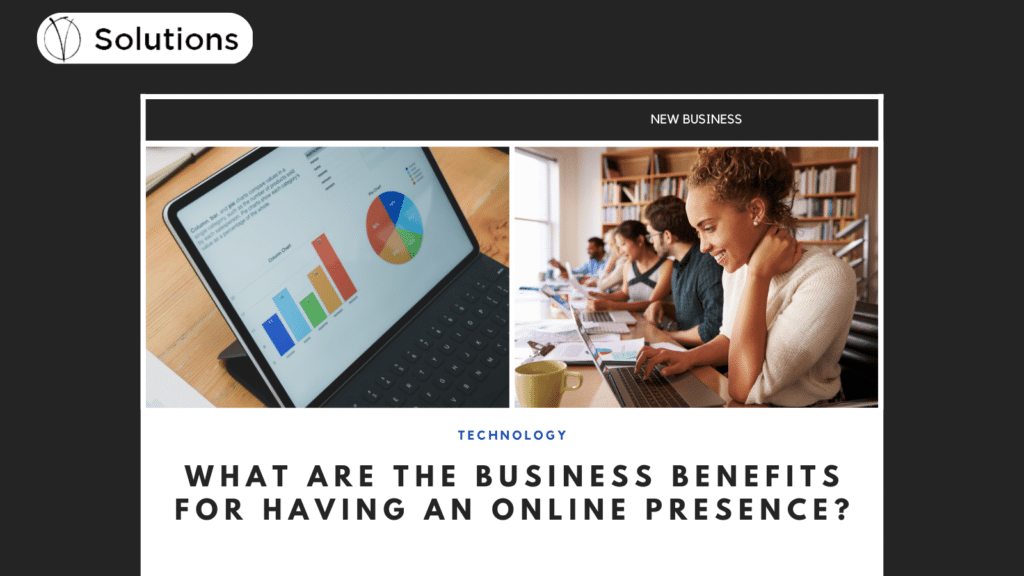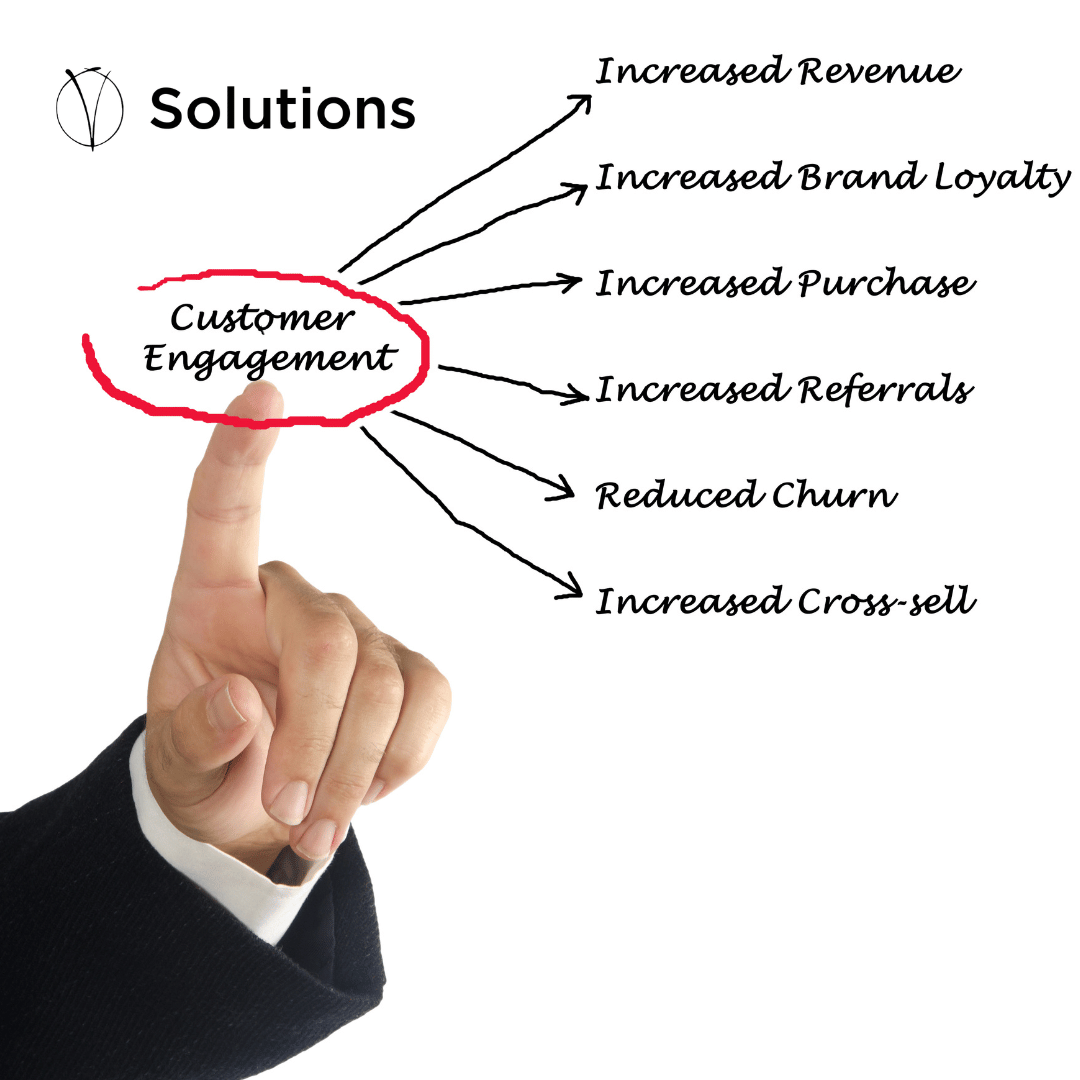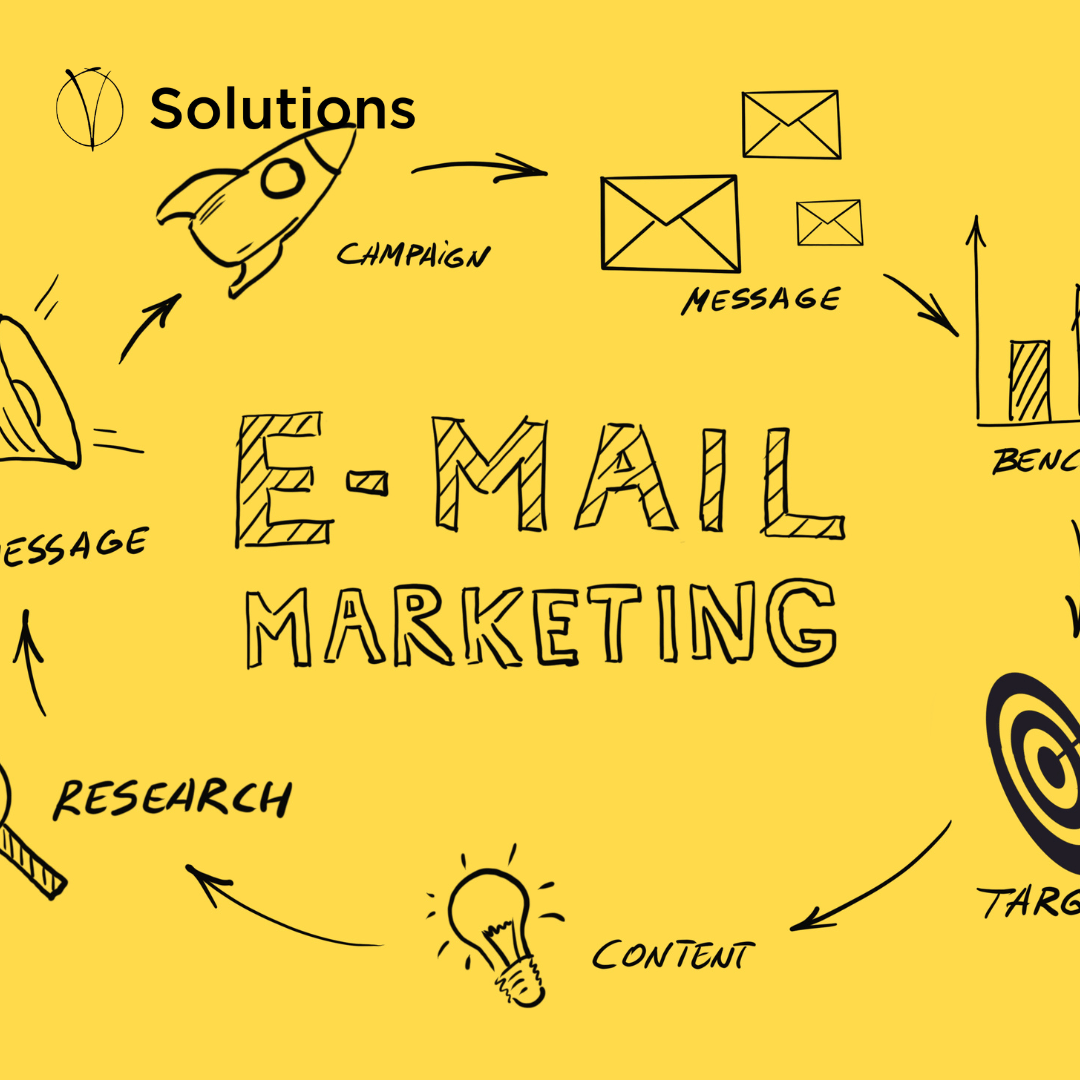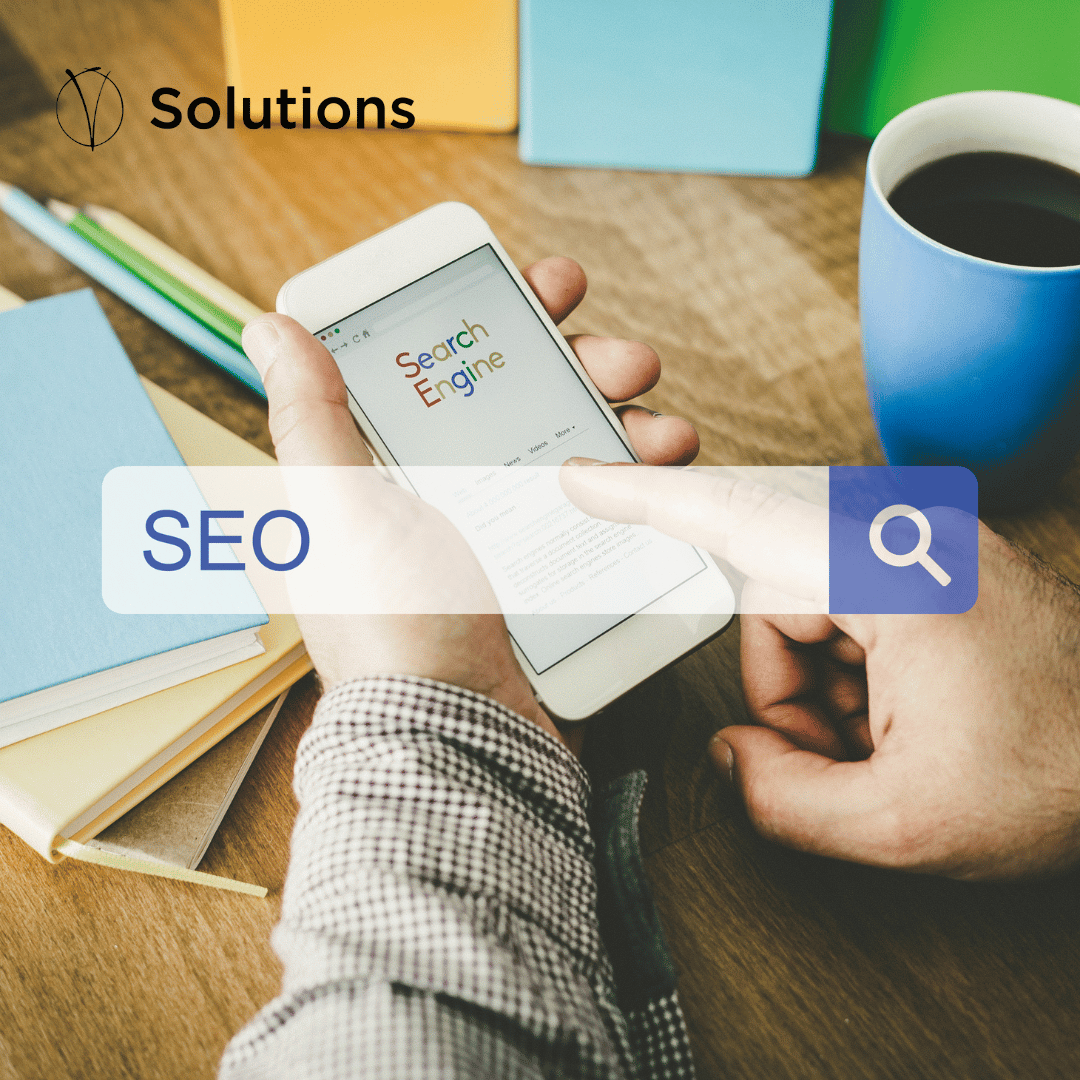What are the business benefits for having an online presence?

In today’s digital age, having an online presence is crucial for businesses of all sizes. Whether you run a small local shop or a large multinational corporation, having a strong online presence can help you reach a wider audience, increase brand awareness, and drive sales.
In this article, we’ll explore the key business benefits of having an online presence and why it’s essential for your success in today’s marketplace.
1. The Business Benefits for Having An Online Presence
A. Increased Visibility and Reach
One of the biggest benefits of having an online presence is the ability to reach a global audience. With the internet, you can reach customers from all over the world, regardless of location. This is especially important for businesses that operate in niche markets, as it allows you to reach customers who might not otherwise have access to your products or services.
Moreover, having a website, social media profiles, and other online channels can help you increase your visibility and reach. By appearing in search engine results for relevant keywords, you can make it easier for potential customers to find your business. This is particularly important for small businesses, as it can help level the playing field and compete with larger companies.

B. Improved Customer Engagement
Having an online presence also allows you to engage with customers in new and innovative ways. Through social media platforms, you can connect with customers, respond to their questions, and build a relationship with them. You can also use your website and other online channels to provide valuable information, such as product tutorials, customer testimonials, and industry news.
In addition, having an online presence allows you to gather valuable customer data, such as demographics and purchase history. This information can help you better understand your customers and tailor your marketing efforts to their needs. It can also help you identify opportunities for product improvement and increase customer loyalty.

C. Increased Sales and Revenue
Having an online presence can also have a direct impact on your bottom line. By having a website and other online channels, you can make it easy for customers to purchase your products or services from the comfort of their own homes. This can increase sales and revenue, as well as reduce costs associated with traditional brick-and-mortar sales channels.
In addition, having an online presence allows you to reach new customers and expand into new markets. By targeting specific demographics and geographic regions, you can reach customers who might not have been accessible through traditional sales channels. This can help you increase your customer base and drive sales, even in challenging economic times.

D. Improved Brand Awareness and Credibility
Having an online presence can also help you improve your brand awareness and credibility. By having a professional-looking website and engaging with customers through social media, you can establish your business as a trusted and reputable source in your industry. This can help you attract new customers, as well as build a loyal following of repeat customers.
In addition, having an online presence allows you to share your company’s story and values with the world. You can use your website, blog, and social media channels to showcase your products and services, as well as share your company’s mission, values, and history. This can help you build a strong brand identity and increase customer loyalty.

E. Cost-Effective Marketing
Finally, having an online presence can be a cost-effective way to market your business. Unlike traditional marketing channels, such as television and print advertising, online marketing is often more affordable and provides more immediate results. In addition, you can easily track the success of your marketing efforts and make adjustments as needed, which can help you maximize your return on investment.
So, if you haven’t already, it’s time to invest in building a robust online presence for your business. Whether you do it yourself or hire a professional, the benefits are clear – a strong online presence can help you reach new customers, increase sales, and grow your business.
It’s important to remember that having an online presence is not just about having a website. It involves creating a comprehensive online strategy that includes a website, social media profiles, and other online channels. This will help you reach a wider audience, improve customer engagement, and drive sales and revenue.

2. Building a Comprehensive Online Strategy
In order to fully realize the benefits of an online presence, it’s important to build a comprehensive online strategy. This involves considering the following elements:
A. Website Design and Functionality
There are several benefits to using organic social media for your business, including:
Your website is often the first point of contact between your business and potential customers. It’s important to have a professional-looking website that is easy to navigate and provides all the information customers need to make a purchase. This includes product descriptions, pricing information, and contact details.

- Increased Visibility: A professional-looking website can help increase your visibility online and attract more visitors to your site. This can lead to increased brand recognition and ultimately more business.
- Improved User Experience: A well-designed website that is easy to navigate and provides a seamless user experience can help build trust and credibility with your audience. This can result in increased engagement, longer visit duration, and higher conversion rates.
- Better Search Engine Optimization: A functional website with clean and organized code can improve your search engine optimization (SEO) and increase your visibility in search engine results pages (SERPs). This can help drive more organic traffic to your site.
- Increased Accessibility: A website that is accessible to people with disabilities, such as those using screen readers or keyboard-only navigation, can help you reach a wider audience.
- Better Analytics: A well-designed website can make it easier to track and analyze your audience behavior, such as page views, bounce rates, and conversion rates. This information can help you optimize your online strategy and make informed decisions about your digital marketing efforts.
- Mobile Responsiveness: With more and more people accessing the internet through mobile devices, it’s essential to have a mobile-responsive website that provides a good user experience on any device.
- Cost-Effective Marketing: Having a well-designed website can be a cost-effective way to reach and engage with your target audience. It can also serve as a hub for your other online marketing efforts, such as social media and email marketing.
B. Social Media Profiles
Social media platforms, such as Facebook, Twitter, and Instagram, allow you to engage with customers and build a relationship with them. It’s important to have a presence on the platforms where your target audience is active and to regularly post updates and engage with followers.

Here are some of the benefits of having active social media profiles:
- Increased Reach and Exposure: Social media platforms can help you reach a larger audience and increase brand awareness. They provide a space to share your content and interact with your followers, helping you to connect with new people and expand your reach.
- Improved Engagement: Social media platforms are designed for interaction, making it easier for you to engage with your audience and build relationships. This can lead to increased customer loyalty and improved brand reputation.
- Targeted Advertising: Many social media platforms offer targeted advertising options, allowing you to reach specific segments of your audience based on demographics, interests, and behaviors. This can help you get the most out of your advertising budget and improve the effectiveness of your campaigns.
- Insights and Analytics: Social media platforms provide insights and analytics that can help you understand the performance of your content and campaigns. This information can help you optimize your strategy and make informed decisions about future efforts.
- Cost-Effective Marketing: Compared to traditional advertising methods, social media marketing can be a cost-effective way to reach your target audience. Many platforms offer free basic accounts, while paid advertising options are often more affordable than other forms of advertising.
- Real-Time Communication: Social media platforms provide a real-time communication channel, allowing you to respond to customer inquiries, feedback, and complaints quickly and effectively. This can help you improve customer satisfaction and build trust with your audience.
- Competitive Advantage: Having a strong social media presence can give you a competitive advantage over other businesses that may not be as active on these platforms.
C. Email Marketing
Email marketing is a cost-effective way to reach customers and drive sales. By building a list of subscribers, you can send targeted messages to promote your products and services, and keep customers informed about new developments.
The Business Benefits of Email Marketing for Online Presence:
Email marketing is a valuable tool for businesses that want to reach and engage with customers in a cost-effective and targeted way. The following are some of the key benefits of incorporating email marketing into your online presence:

- Cost-Effective Communication: Email marketing is a cost-effective way to communicate with customers. Unlike other forms of marketing, such as direct mail or print advertising, you don’t have to pay for printing, postage, or distribution costs.
- Targeted Messaging: Email marketing allows you to target specific segments of your customer base with tailored messages. This can help you promote products and services that are relevant to specific customers, and increase the effectiveness of your marketing efforts.
- Increased Engagement: Email marketing can also help increase engagement with your customers. By sending regular email newsletters, promotions, and other updates, you can keep customers informed about your business and foster a deeper relationship with them.
- Improved Customer Retention: Email marketing can also help improve customer retention. By regularly communicating with customers and providing valuable information, you can help keep them engaged and loyal to your brand.
D. Pay-Per-Click Advertising
Pay-per-click (PPC) advertising involves placing ads on search engines and other websites. When a customer clicks on the ad, you pay a fee. PPC advertising can be an effective way to reach new customers and drive sales.
The Business Benefits of Pay-Per-Click Advertising for Online Presence;
Pay-Per-Click (PPC) advertising is a form of digital marketing where businesses pay to display ads in search engine results or on websites. PPC advertising offers several benefits for businesses, including:

- Increased Visibility and Traffic: PPC advertising can quickly increase visibility and traffic to your website. By displaying ads in search engine results or on websites, you can reach a wider audience and attract new customers who may not have found you otherwise.
- Targeted Advertising: PPC advertising allows you to target specific segments of your audience with tailored ads. You can target your ads based on keywords, geographic location, and other factors, which helps you reach customers who are most likely to be interested in your products or services.
- Cost-Effective Marketing: PPC advertising is a cost-effective form of marketing. Unlike other forms of advertising, such as television or print advertising, you only pay when someone clicks on your ad. This allows you to control your marketing spend and get a higher return on investment (ROI).
- Faster Results: Finally, PPC advertising provides faster results than other forms of marketing. You can start displaying ads within days or even hours, and see results within a short period of time.
E. Search Engine Optimization (SEO)
SEO involves optimizing your website and online content to appear at the top of search engine results for relevant keywords. This can help you increase your visibility and reach, and drive traffic to your website.
The Business Benefits of Search Engine Optimization (SEO) for Online Presence;
Search Engine Optimization (SEO) is the process of optimizing your website and online content to improve its ranking in search engine results for relevant keywords. By incorporating SEO into your online presence, you can reap the following benefits:

- Increased Visibility and Traffic: One of the primary benefits of SEO is increased visibility and traffic to your website. When your website appears at the top of search engine results, it is more likely to be seen by potential customers, which can lead to increased traffic and higher sales.
- Improved User Experience: SEO also helps improve the user experience on your website. When your website is optimized for search engines, it is also optimized for users, making it easier for them to find the information they need, navigate your site, and complete transactions.
- Increased Credibility and Trust: Appearing at the top of search engine results for relevant keywords can also help increase your credibility and trust with potential customers. When customers see your website listed at the top of search engine results, they are more likely to trust your brand and be more confident in making a purchase.
- Cost-Effective Marketing: SEO is also a cost-effective form of marketing. Unlike other forms of advertising, such as pay-per-click advertising, you don’t have to pay each time someone clicks on your website. Instead, you focus on creating high-quality, relevant content that will naturally attract customers and drive traffic to your site.
E. Measuring and Analyzing Results
Finally, it’s important to measure and analyze the results of your online efforts. This will help you understand what’s working and what’s not, and make adjustments to improve your results. Tools such as Google Analytics can help you track your website traffic and measure the success of your online strategy.
The Business Benefits of Measuring and Analyzing Results for Online Presence;
Measuring and analyzing the results of your online presence is an important part of any digital marketing strategy. By tracking key metrics and analyzing data, you can gain valuable insights into your audience and make informed decisions about your online presence. The benefits of measuring and analyzing results include:

- Improved Decision-Making: Measuring and analyzing results helps you make informed decisions about your online presence. By tracking key metrics such as website traffic, conversions, and revenue, you can identify areas of your online presence that are performing well and areas that need improvement. This information can help you make data-driven decisions about your online strategy, which can lead to better results.
- Increased ROI: Measuring and analyzing results can also help you increase your return on investment (ROI) from your online presence. By identifying areas that are underperforming, you can focus your resources on areas that will drive the most results, which can lead to a higher ROI.
- Better Targeting: Measuring and analyzing results can also help you better target your audience. By tracking key metrics such as website traffic and conversions, you can identify which marketing channels are driving the most results and focus your efforts on those channels. This can help you reach your target audience more effectively and achieve better results.
- Improved Customer Experience: Measuring and analyzing results can also help you improve the customer experience on your website. By tracking key metrics such as website traffic, bounce rate, and time on site, you can identify areas of your website that may be causing friction for your customers and make improvements to enhance their experience.
Conclusion
In conclusion, building a comprehensive online strategy is essential to fully realize the benefits of an online presence. By considering all of the elements outlined above, you can create a strategy that helps you reach new customers, improve customer engagement, drive sales and revenue, build brand awareness and credibility, and reduce marketing costs.